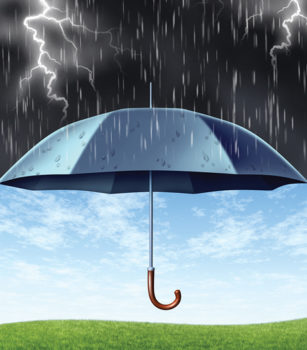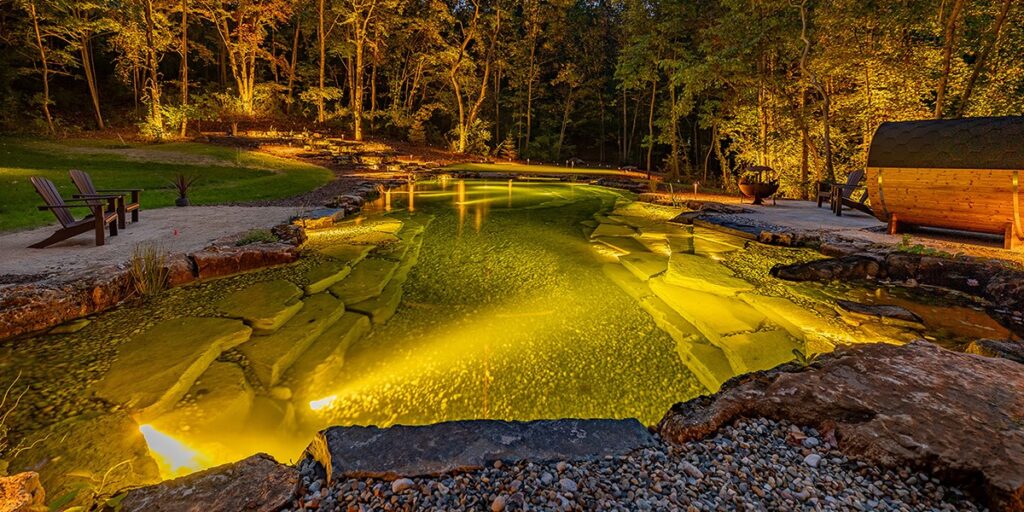 For many contractors, business is good, or at least far better than it was several years ago. When things are good, it’s smart to ask yourself a critical question: Are you prepared for the next downturn?
For many contractors, business is good, or at least far better than it was several years ago. When things are good, it’s smart to ask yourself a critical question: Are you prepared for the next downturn?
It’s a given that we have up and down cycles in this industry and in the economy in general. The last down cycle that began in the United States in 2008 took out many construction-related businesses because they weren’t prepared. They took things for granted; they assumed leads would always be there because they had more leads than they could handle. They assumed cash flow wouldn’t be a problem because they always had cash flowing through their business.
I want to thank Mark Buckshon for reminding me of this truth back in February. His article, “Panic, carnage and patience: Steps to take to manage and win with risk and reward in business and marketing” listed four basic guidelines you should be following now to survive the next downturn.
“Separate your personal and business affairs sufficiently that your business failure won’t pull you down personally.”
“You don’t want to lose your house because the bank takes it when your business fails. (This touches on how big a mortgage to allow and whether you personally have secured your business debt. It also may relate to local or state rules. There is a reason many very wealthy and shady individuals keep their primary residence in Florida — because of that state’s homesteading rules.)”
You might think this doesn’t apply to you because you’ll make sure your business doesn’t fail, but not every business failure is the direct fault of the owner. Many subcontractors lost money and their businesses not because of their own bad decisions, but because they couldn’t get paid by the general contractor. Others were pushed into bankruptcy because of homeowner disputes. Stuff happens. Protect yourself.
“Never stop marketing. And develop a systematic, thoughtful approach to your marketing, and stick to it.”If you are consistently marketing 24/7, you should have enough business that a small bump won’t force you to take a job just so you can eat. If you have a good marketing program to generate leads and you constantly develop and tune it, you will survive hard times. Of course, you must watch what is going on around you and adjust as conditions dictate.
Depending on referrals isn’t a marketing plan. Referrals are great, but when the economy heads south, referrals tend to dry up. Many of the construction-related businesses that failed years ago depended on referrals to generate leads. When referrals dwindled, they didn’t have enough cash to start marketing and they didn’t have enough time to wait for results.
A marketing plan that is focused on the clients you want to attract in the geographical area you want to work is a necessity even when sales are strong, because it will become your bread and butter when the market gets weak.
“Be ready to face the hard decisions quickly, before it is too late.”
 [box] Pond Business Tips | Stop Building Ponds and Create Systems for a Successful Business [/box]
[box] Pond Business Tips | Stop Building Ponds and Create Systems for a Successful Business [/box]
There are two aspects to this. The first is that you need to know your numbers. If you do job costing and have a clean and clear Profit and Loss statement that you review and understand on a regular basis, you’ll be better able to see what’s coming. Do you have the right number of employees for your volume? Are you making smart purchasing decisions? Are you paying yourself too much money for your volume?
The second is facing those hard decisions when they need to be made. It’s far easier to hope that things will get better, but while you spend time hoping, cash keeps flowing out the door. Don’t fiddle around; if and when you see problems in your business, make decisions. If you think things might improve, set a date where you’ll act if it hasn’t improved. Don’t let problems continue to drag your business down.
“Ideally, put yourself in a place where you don’t need to panic or stress. Then you can catch the upswing and opportunities when they arise.”
The best way to do this is to have an Operating Capital Reserve Account (OCRA). You can also call it savings: funds your business can fall back on if and when money gets tight. Set a goal for the account, reach that goal, then don’t touch the funds.
An OCRA will eliminate some of the stress you’ll have when you see things tightening down. It buys you time to make the adjustments necessary to get through. Many of our coaching clients who had an OCRA in place in late 2008 and early 2009 made it through the downturn and are still in business today. They also didn’t have to go into debt to survive, which means that today they are building their companies instead of paying off debt.
An OCRA isn’t a line of credit, because it’s your funds you are using. When you use a line of credit, the bank is making money off you with the interest you owe. Instead, set aside that “interest” so that down the road you’ll have the funds you need without asking for help from the bank.
“Better three hours too soon than a minute too late.” — William Shakespeare


